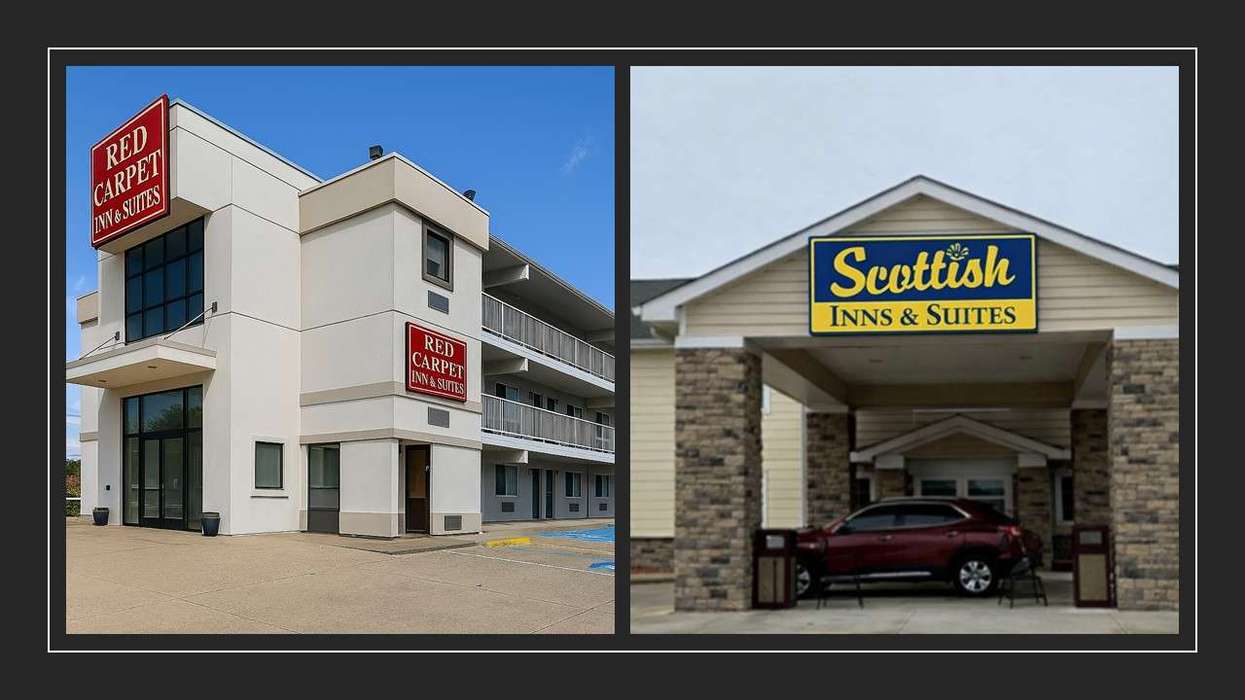WYNDHAM REWARDS RECENTLY announced the three finalists for the mural project at Gillespie Golf Course in Greensboro, North Carolina. The selected artists are Vincent Ballentine from Brooklyn, New York; Raman Bhardwaj from Greensboro, North Carolina; and Abel Jackson from Charlotte, North Carolina.
A committee of key community figures and organizations chose these finalists from over 50 nationwide applicants, Wyndham said in a statement.
The project aims to honor the Greensboro Six, a group of Black men who, in 1955, played golf at the whites-only Gillespie course, the statement said. Their act of defiance against segregation occurred just a week after Rosa Parks' arrest for refusing to give up her seat on a Montgomery bus. The Greensboro Six were arrested, convicted of trespassing, and spent 15 days in jail. Their actions and subsequent court cases eventually led to the desegregation of Gillespie Golf Course. In 1961, the Greater Greensboro Open (now the Wyndham Championship) became the first PGA Tour event in the South to welcome a Black player, Charlie Sifford.
“The Greensboro Six left a lasting legacy at Gillespie – one that deserves to be memorialised for generations to come,” said Ryan Wilson, First Tee – Central Carolina’s CEO. “Our chosen finalists have unparalleled talent and passion for their craft, and the quality of their work makes us confident these men will have a permanent place to be celebrated in our community.”
Wyndham Rewards, the title sponsor of the PGA TOUR’s Wyndham Championship, will install the mural at First Tee – Central Carolina’s Learning Center at Gillespie Golf Course, Wyndham said. It will be unveiled on August 5, at the start of Wyndham Championship tournament week.
The finalists
Vincent Ballentine, a multi-disciplined visual artist with a degree in film and education from the University of the Arts in Philadelphia, explores Greensboro's intricate history through captivating and inspiring work. Raman Bhardwaj, a multi-medium artist with degrees from Panjab University in India, is a local Greensboro talent known for his diverse portfolio including murals, portraits, paintings, and illustrations commissioned by clients like the Charlotte Hornets and the Arts Council of Greater Greensboro. Abel Jackson, a visual artist and graphic design graduate from Winthrop University, embraces an open approach to creative expression, focusing on producing thought-provoking pieces that promote unity, pride, and inspiration.
Wyndham Hotels & Resorts recently named Amit Sripathi as chief development officer, succeeding Chip Ohlsson, who departs in June.






